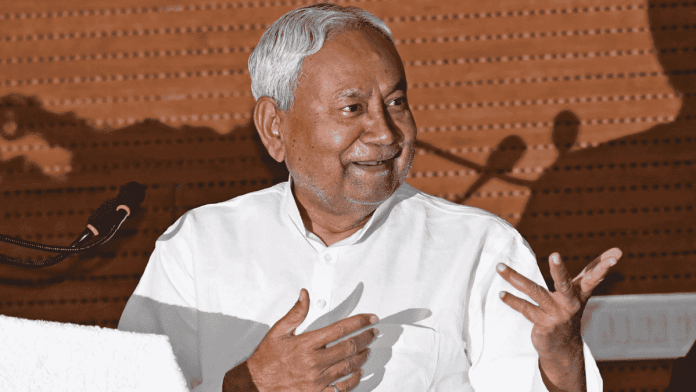New Delhi: The Bihar government on Monday released data from a statewide caste-based survey which showed that other backward and extremely backward classes constitute 63 per cent of the state’s population of 13 crores.
Of this, 36.01 per cent belonged to the extreme backward classes and 27.13 per cent were from other backward classes. Yadavs formed a little over 14 per cent.
Nineteen per cent were from the scheduled castes, Additional Chief Secretary Vivek Kumar Singh said as he released the data. A little over 15 per cent belonged to the general category in the state, of which Brahmins and Rajputs together made up seven per cent.
Bihar’s caste survey has seen major opposition from the BJP-led national government which maintained a census was a statutory process under a central legislation and that the law empowered only the central government to conduct it.
The Supreme Court, which heard petitions against the survey, however refused to halt the exercise as no violation had been reported in it. Prior to that, the Patna High Court had also dismissed similar appeals.
The caste survey in Bihar was divided in two parts, with the first leg beginning 7 January. The household counting exercise was concluded on 21 January. The second phase, which consisted of identification of the caste of the people, began on 21 April.
Bihar Chief Minister Nitish Kumar congratulated the team engaged in the caste survey, saying the proposal had been unanimously passed in the Assembly and conducted with the state’s resources.
He said the survey had not only revealed everyone’s caste, but also determined the economic condition of citizens. “On this basis, further action will be taken for the development and upliftment of all sections,” Kumar said.
Kumar’s ally and Rashtriya Janata Dal chief Lalu Prasad Yadav said the findings of the survey would “set an example for the country in making holistic plans for the progress of the deprived, neglected and the poor and providing representation to marginalised groups”. He said the caste-based survey took place despite many legal hurdles.
Also read: Patna University’s historic Wheeler Senate House renamed after Jayaprakash Narayan






